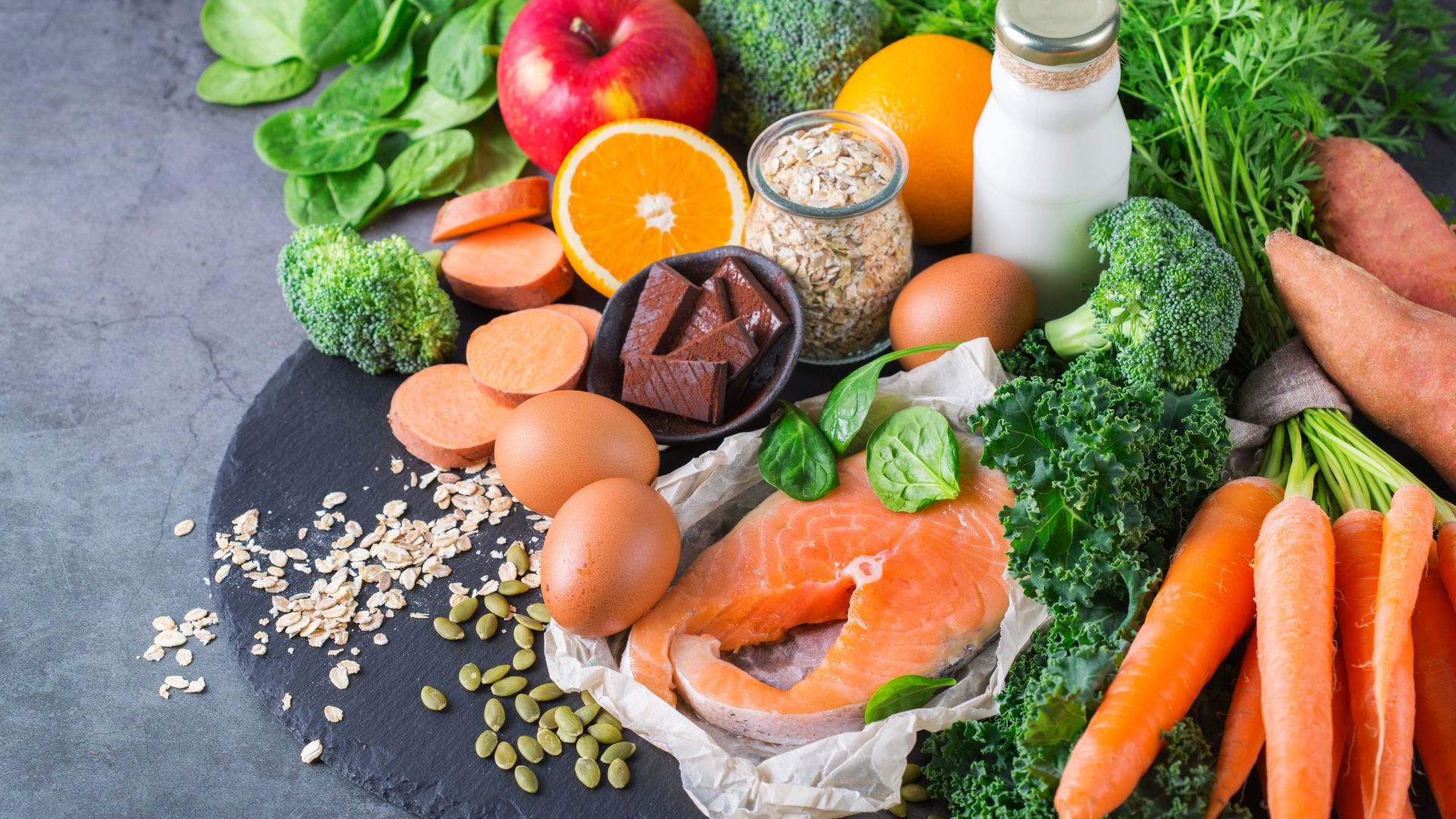
Vitamin D is essential for bone health, immune function, and overall well-being. Here are the top 5 foods rich in vitamin D to help boost your levels:
Table of Contents
Vitamin D-Rich Foods
1. Fatty Fish
- Examples: Salmon, mackerel, tuna, and sardines.
- Why It's Great: Fatty fish are among the best natural sources of vitamin D. Just a 3.5-ounce (100-gram) serving of cooked salmon can provide around 500-1,000 IU of vitamin D, depending on the type.
- Additional Benefits: These fish are also high in omega-3 fatty acids, which support heart health and reduce inflammation.
2. Cod Liver Oil
- Why It's Great: Cod liver oil is one of the most concentrated sources of vitamin D. Just one tablespoon provides about 1,360 IU, which is more than twice the recommended daily intake for most adults.
- Additional Benefits: It’s also rich in vitamin A and omega-3 fatty acids, both of which contribute to skin health, immune function, and more.
3. Egg Yolks
- Why It's Great: Eggs, particularly the yolks, contain vitamin D. One large egg yolk provides around 40-50 IU of vitamin D.
- Additional Benefits: Eggs are also a good source of protein and other essential nutrients like choline, which is important for brain health.
4. Fortified Foods
- Examples: Fortified milk, orange juice, cereals, and plant-based alternatives like almond or soy milk.
- Why It's Great: Many dairy and plant-based products are fortified with vitamin D, providing an easy way to increase intake. A cup of fortified milk or orange juice typically contains around 100 IU of vitamin D.
- Additional Benefits: These foods are often fortified with other nutrients like calcium and vitamin B12, making them great additions to a balanced diet.
5. Mushrooms
- Examples: Wild mushrooms, such as maitake and morels, or those exposed to UV light like some commercially available varieties.
- Why It's Great: Mushrooms are unique because they are the only plant source of vitamin D. They can provide anywhere from 130 to 450 IU of vitamin D per 3.5-ounce (100-gram) serving, depending on the type and exposure to sunlight.
- Additional Benefits: Mushrooms are also low in calories and rich in antioxidants, fiber, and B vitamins, which support overall health.
Tips for Enhancing Vitamin D Absorption:
- Get Some Sun: Sunlight triggers vitamin D production in the skin. Spending about 10-30 minutes in the sun several times a week can help maintain adequate levels.
- Pair with Fat: Vitamin D is fat-soluble, so consuming these foods with a source of healthy fat, like olive oil or avocado, can improve absorption.
- Consider Supplements: If you’re at risk of deficiency, consult with a healthcare provider about taking a vitamin D supplement to meet your needs.
Why Vitamin D is Important:
- Bone Health: It helps the body absorb calcium, which is vital for maintaining strong bones and preventing conditions like osteoporosis.
- Immune Function: Vitamin D supports the immune system, helping to fend off infections and reduce the risk of autoimmune diseases.
- Mood and Mental Health: Adequate levels of vitamin D are linked to a lower risk of depression and mood disorders.
Incorporating these vitamin D-rich foods into your diet, along with safe sun exposure, can significantly improve your health and well-being.



Leave a Reply
You must be logged in to post a comment.